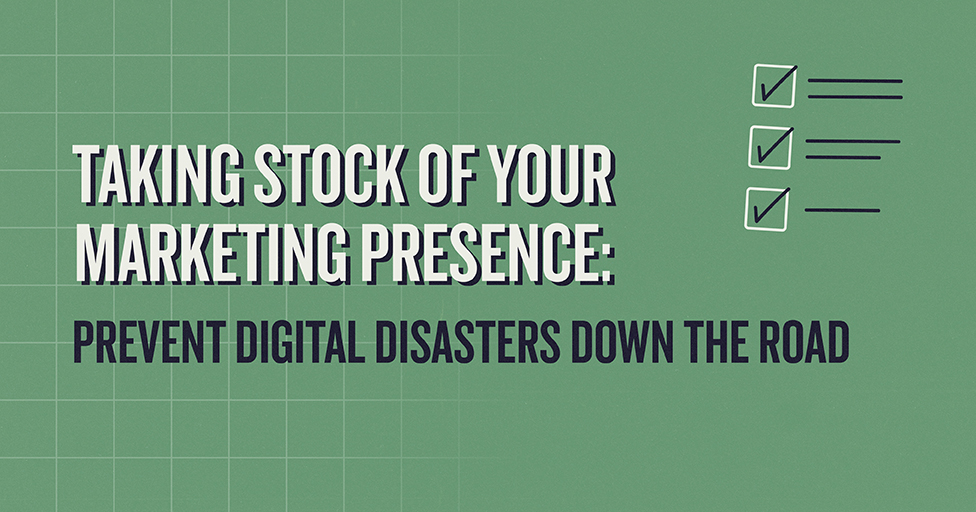
In 1988, I was a senior in high school, and my hometown football team, the Kansas City Chiefs, were amid a rough twenty-year run. On a freezing, rainy day, I sat in Arrowhead Stadium with two of my friends and roughly 15,000 other people. It was so empty you could hear concessioners across the stadium as the Chiefs were playing out the string in another dismal season. A 34-year-old Steve Deberg was at quarterback, and Frank Gansz was coaching. Saying those names now makes me laugh.
Midway through the 4th quarter, I said to my friends, “If they could just make the playoffs, I will never complain again.”
Well, here I am, complaining after the Chiefs just hosted their 4th straight AFC Championship game. How could I not? It ended in an upset loss to the Cincinnati Bengals.
How did 18-year-old Jim vow to take glee in simply making the playoffs, and 52-year-old Jim is upset we are not going to the Super Bowl again?
One of my favorite writers, Barry Schwartz, says, “The secret to happiness is low expectations.” That is obviously a farce, but there is a grain of truth. In 1988, I had low expectations. Candidly, I had no expectations. I had witnessed an entire life filled with mediocrity on the field. In 2021, I witnessed football miracles from a savior to our city, commonly known as Patrick Mahomes. His presence and their recent performance have left us all with raised expectations.
Like most things in life, it did not happen overnight. The Chiefs decided many years ago to rebuild. They hired a great coach, found a new general manager, and assembled the pieces to a winning organization. And along the way, the fans began to change what they believed to be possible and, as importantly, recalculated what on-field success meant. The basis for our comparisons changed, and what used to bring joy is now met with disappointment.
Why? Because what we believe and expect are by-products of our previous experience and the universe of choices by which we compare people, products, and things.
So, we must learn how to deal with these changes in expectation. The frame that we have built around this is sports. The parallels between it and your work life are identifiable. If your world is managing teams, then apply this process to your staff analysis. If you are in a business development role, focus this around your book of business.
Recognition
I am not dumb. I recognize how difficult it is to win in a game set up for parity. The NFL has done an unbelievable job making success an option for all franchises regardless of market size. The same is true for your people or sales effort. Where are you? It is easy to get far too exuberant about wins and pessimistic about losses. Is it moving directionally in the correct way and at the correct pace? If not, why not? If yes, how come? You do not need to take stock of this every day but at regular intervals.
Distance
You cannot change your expectations mid-game, but you can evolve them mid-season or certainly when the season is over. Reflect on the distance between your belief and reality. You are a reasonable person, right? How would reasonable people expect this to go by now?
Gratitude
From a business perspective, I view this as a double-edged sword. I am grateful for our staff, our clients, and the overall health of the agency. I am, however, still interested in more. Growing our client’s business, growing our agency, etc. I think both things can exist. You can be grateful and appreciate what you have while also building something more.
Sharing
Misery loves company. This is not an invitation to wallow, we aren’t Detroit Lions fans! But it is an invitation to find peer groups to help you benchmark your performance and laugh at the hurdles. I do not care what industry you are in – peer groups exist. Share and expect sharing in return.
Ultimately, you will need some confidence that you are making the right decision on people or opportunities. Hold them to your expectations and hold yourself to high expectations. Life and business can find themselves in vicious cycles where nothing seems to go right or virtuous cycles when nothing seems to go wrong. Great leaders spot the vicious cycle and find ways to stop the downward spiral. You can do that right now. Today.
Subscribe to our newsletter
Get our insights and perspectives delivered to your inbox.


